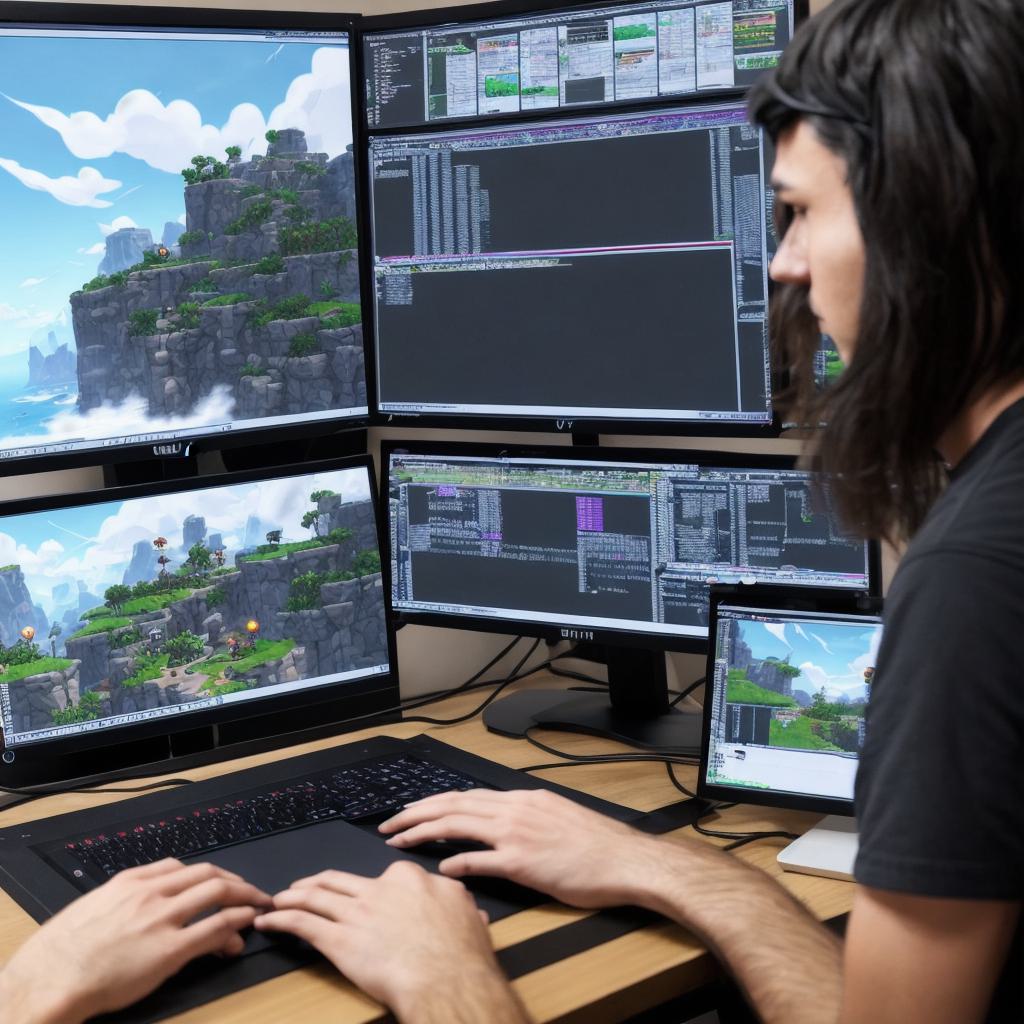If you’re a game developer looking to create immersive and interactive games, Unity is the tool you need. This powerful game engine has taken the gaming industry by storm, with millions of developers using it to bring their ideas to life. In this guide, we will explore everything you need to know about Unity, from its features to its benefits and how to get started.
What is Unity?
Unity is a cross-platform game engine that allows developers to create games for a variety of devices and platforms, including desktop computers, mobile devices, consoles, and virtual reality systems. It was first released in 2008 by Unity Technologies and has since become one of the most popular game engines in use today.
Key Features of Unity
There are many features that make Unity stand out from other game engines. Here are some of the key ones:
- Cross-platform development: With Unity, you can create games for multiple platforms with a single codebase. This means you only need to write your code once and it will work on all devices and platforms.
- 2D and 3D game creation: Unity supports both 2D and 3D game development, making it suitable for a wide range of games and experiences.
- Real-time rendering: Unity uses real-time rendering, which means that your game will look and run smoothly even on lower-end devices.
- Assets store: Unity has a large library of pre-made assets, including 3D models, textures, and animations, that you can use to speed up development and save time.

- Scripting support: Unity supports a variety of scripting languages, including C and JavaScript, making it easy for developers to create custom game logic.
Getting Started with Unity
If you’re new to Unity, getting started can seem overwhelming. However, there are many resources available to help you get up and running quickly. Here are some steps to follow:
- Download the latest version of Unity from the official website.
- Create a new project and select the type of game you want to create (2D or 3D).
- Choose a template to start with, or create your own from scratch.
- Explore the Unity editor and familiarize yourself with its features and tools.
- Start creating assets and writing code to bring your game to life.
Benefits of Using Unity
There are many benefits to using Unity for game development. Here are some of the most important:
- Easy to use: Unity is designed to be user-friendly, making it easy for developers of all skill levels to create games.
- Fast development time: With its large library of pre-made assets and powerful tools, Unity can help you get your game up and running quickly.
- Cross-platform support: Unity allows you to create games that work on multiple platforms, expanding your reach to a wider audience.
- Real-time rendering: Unity uses real-time rendering, which means that your game will look and run smoothly even on lower-end devices.
Case Studies: Real-World Examples of Unity in Action
Unity has been used to create some truly amazing games and experiences. Here are a few examples:
- Tetris: The classic puzzle game Tetris was reimagined in Unity, bringing it to life on modern devices with stunning graphics and smooth gameplay.
